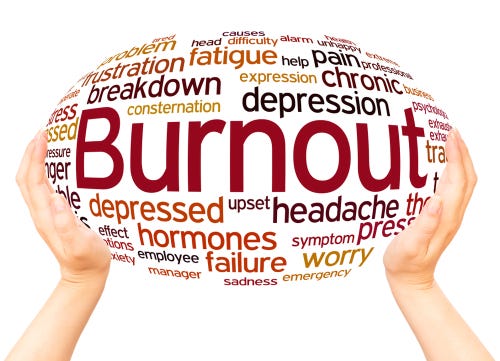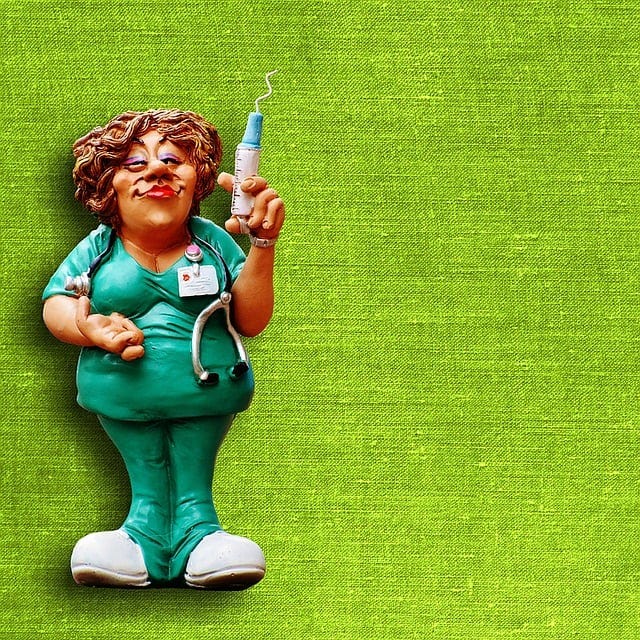The Myth of Normal, by Gabor Mate, MD
Gabor Maté’s book The Myth of Normal explores the complexities of health, illness, and the human condition. It challenges conventional wisdom and societal norms. Maté, a physician recognized for his expertise in addiction, trauma, and childhood development, contends that the stress and trauma prevalent in modern society underlie various physical and mental health issues.
Maté begins by questioning the definition of normal. He posits that what is often considered normal in society is not healthy. Instead, cultural forces have shaped it as an idea. Normalcy usually encompasses stress, disconnection, a relentless drive for success, and material possessions. Unfortunately, these elements can harm both physical and mental health. Maté suggests that society’s emphasis on individualism and competition creates an environment where many people feel isolated and unsupported, leading to chronic stress and emotional pain.
One of the book’s themes is the connection between mind and body. Maté emphasizes that emotional and psychological experiences impact physical health. He draws on a wealth of scientific research to show how stress and trauma can lead to a variety of health problems, including autoimmune diseases, cancer, and mental health disorders. This holistic approach challenges the traditional biomedical model, often treating symptoms in isolation without addressing underlying emotional and psychological factors.
He explores trauma and its long-lasting effects. He argues that trauma is not limited to extreme events like abuse or violence but can also result from more subtle experiences of neglect, disconnection, and unmet emotional needs. These traumas, often experienced in childhood, can shape a person’s worldview and behavior, leading to patterns of self-destructive behavior and chronic health issues. Maté emphasizes recognizing and addressing these traumas to achieve true healing.
Maté criticizes the healthcare system for its focus on treating symptoms rather than addressing root causes. He argues that this approach often leads to over-medication and cannot provide lasting solutions. Instead, he advocates for a more holistic approach to healthcare that considers the whole person, including their emotional and psychological well-being. This approach requires a shift in how society views health and illness, moving from a biomedical model to one that integrates mind, body, and spirit.
Parenting and early childhood experiences are important in shaping an individual’s health. He emphasizes creating a nurturing and supportive environment for healthy development. Children who are deprived of emotional care in their upbringing often experience a sense of abandonment, leaving them vulnerable to the detrimental impact of stress and trauma.
There are also societal issues such as inequality, racism, and the pursuit of health profits. Maté argues that systemic inequalities and social injustices contribute to the stress and trauma experienced by marginalized communities. These societal factors must be addressed to create a healthier and more just society.
Modern society’s defining characteristic is the relentless pursuit of success and material wealth, which results from cultural norms and economic systems that associate personal worth with accomplishment and accumulation. This quest for success, while often celebrated and rewarded, can have profound and detrimental effects on both physical and mental health. The societal pressure to achieve and accumulate can lead to chronic stress, a sense of isolation, and neglect of personal well-being, compromising overall health.
At the core of pursuing success and material wealth is the idea that external accomplishments and possessions determine one’s value. The result is a constant state of striving, where individuals push themselves to meet ever-increasing goals and standards. Ambition and hard work, though not negative, can cause chronic stress. Because of their drive to succeed, they lose focus on the essential components of rest, relaxation, and self-care.
Chronic stress affects physical health. The body’s stress response, while adaptive in short bursts, becomes harmful when activated. Persistent stress can lead to a range of health issues, including hypertension, cardiovascular disease, digestive problems, and weakened immune function. The body’s resources are diverted to manage stress, leaving it vulnerable to illness and disease. Moreover, stress can exacerbate existing health conditions, creating a cycle of declining health.
The pressure to achieve can lead to anxiety, depression, and burnout. Anxiety often arises from the fear of failure and the pressure to meet high expectations. Depression can result from the realization that material success does not equate to happiness or fulfillment. Burnout, which manifests as emotional exhaustion, detachment, and ineffectiveness, is a common outcome of prolonged stress and overwork. These mental health issues can further impair an individual’s ability to function, creating a vicious cycle of striving and suffering.
Focusing on individual achievement can cause isolation, as individuals prioritize work and success over spending time with family and friends. Isolation increases feelings of loneliness and depression, further compromising mental health. Social support is a critical buffer against stress, and its absence leaves individuals more vulnerable to the negative effects of stress and mental health issues.
All of this pressure to succeed leads individuals to adopt unhealthy behaviors to manage stress. These behaviors include poor diet, lack of exercise, inadequate sleep, and substance abuse. Over time, these unhealthy behaviors damage physical health, leading to chronic diseases and other health issues. People are sacrificing their health and personal lives for their careers.
Gabor Maté explores the paradox that our overall health has not improved despite the immense emphasis on healthy eating and fitness. Maté argues that the root causes of this paradox lie deeper than diet and exercise, encompassing our lives’ emotional, psychological, and social dimensions. He posits that modern society’s focus on physical health often overlooks the crucial role that stress, trauma, and social disconnection play in determining overall well-being.
Trauma affects health outcomes. The book defines trauma as including extreme events like abuse and violence, emotional neglect, and disconnection. According to Maté, unaddressed trauma has long-lasting effects on both mental and physical health. The results are chronic conditions such as autoimmune diseases, addiction, and mental health disorders. While diet and exercise are important, they often cannot address and heal deep-seated traumas.
Social disconnection is another critical factor that Maté discusses. He argues that modern society’s emphasis on individualism and competition has led to the breakdown of social bonds and community support. This disconnection contributes to feelings of isolation and loneliness, which are detrimental to mental health and can also affect physical health. Social support is vital to health. The reason is that it provides emotional nourishment and resilience against stress. Without strong social connections, individuals struggle to maintain their health despite following dietary and fitness guidelines.








